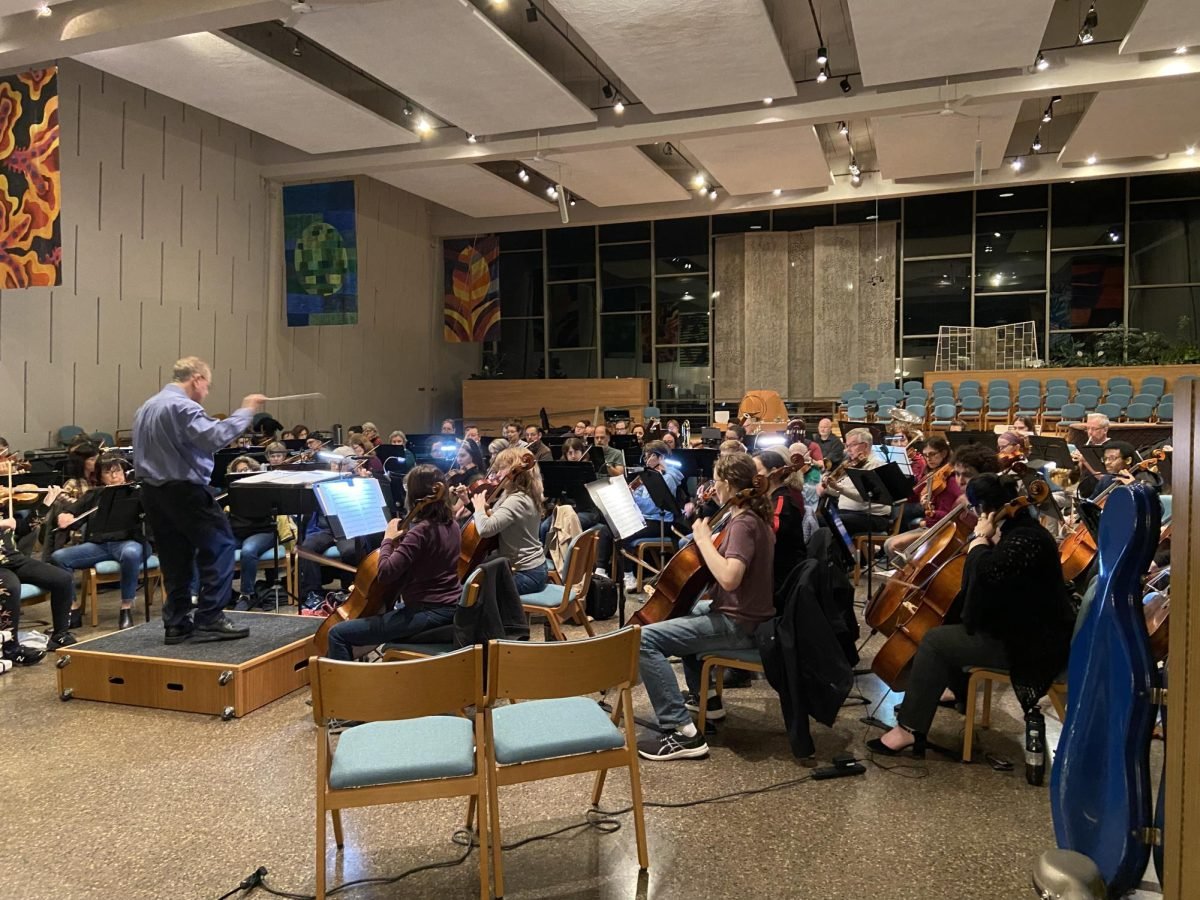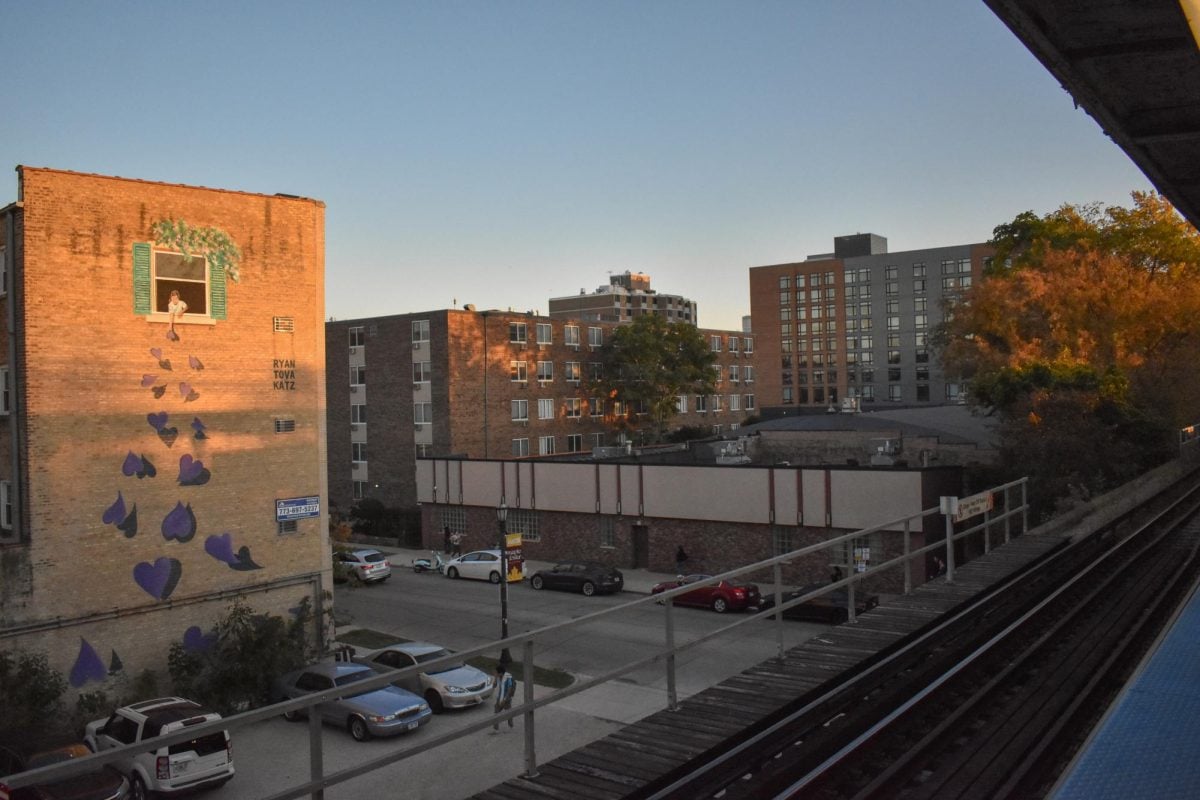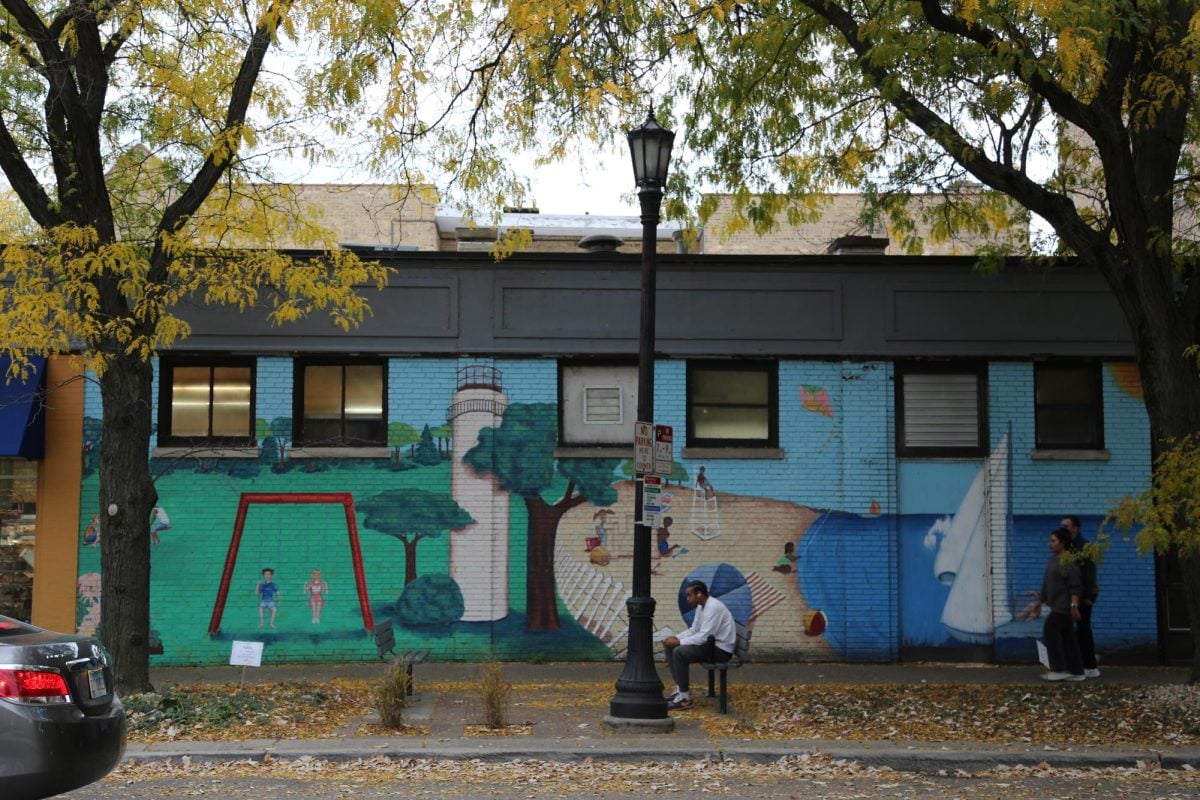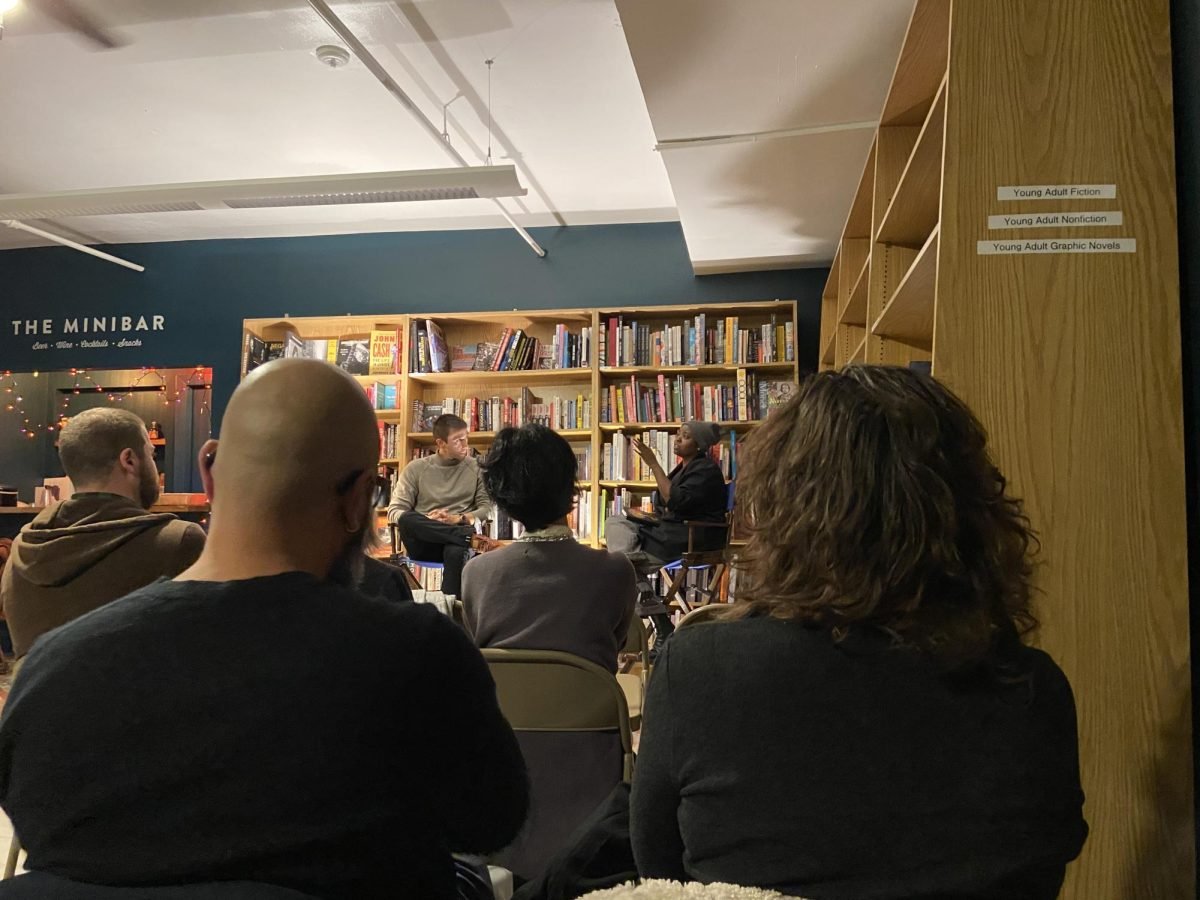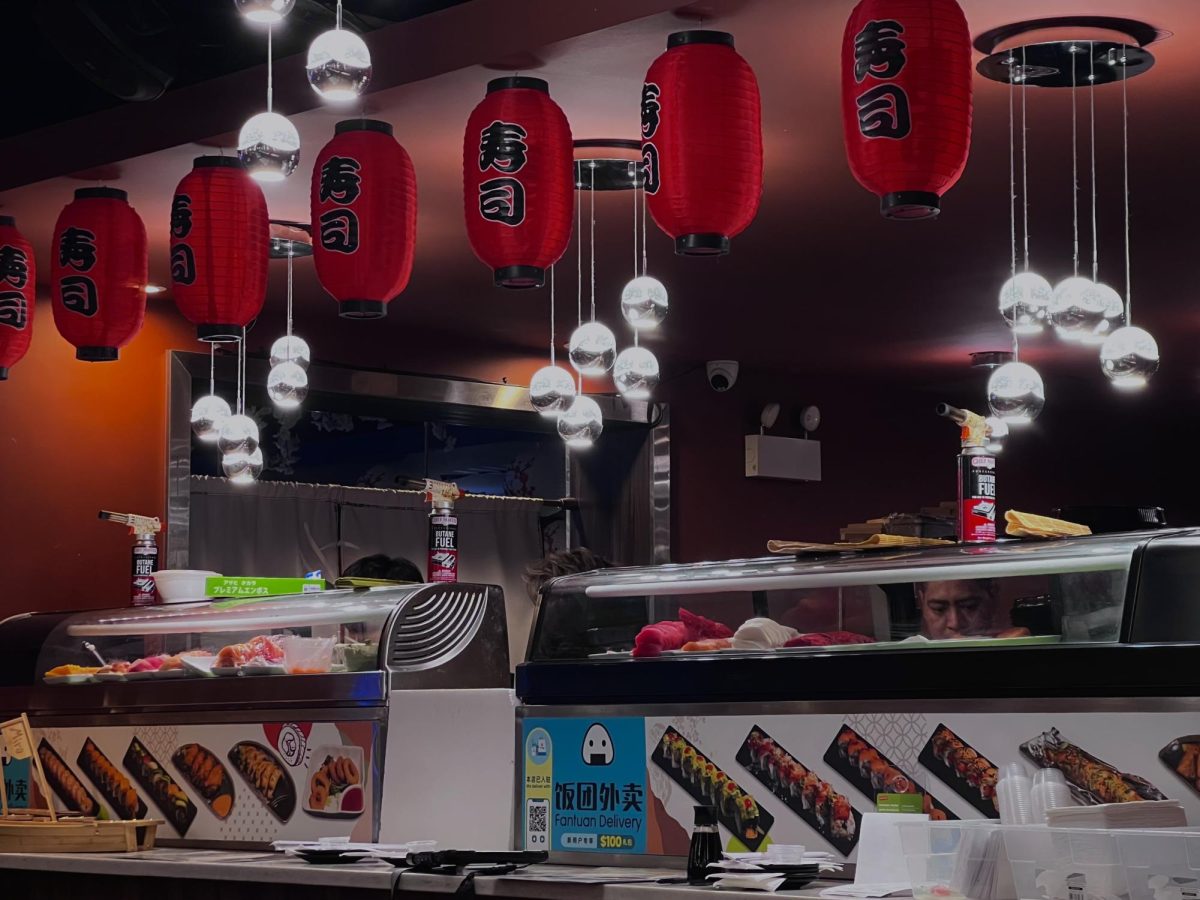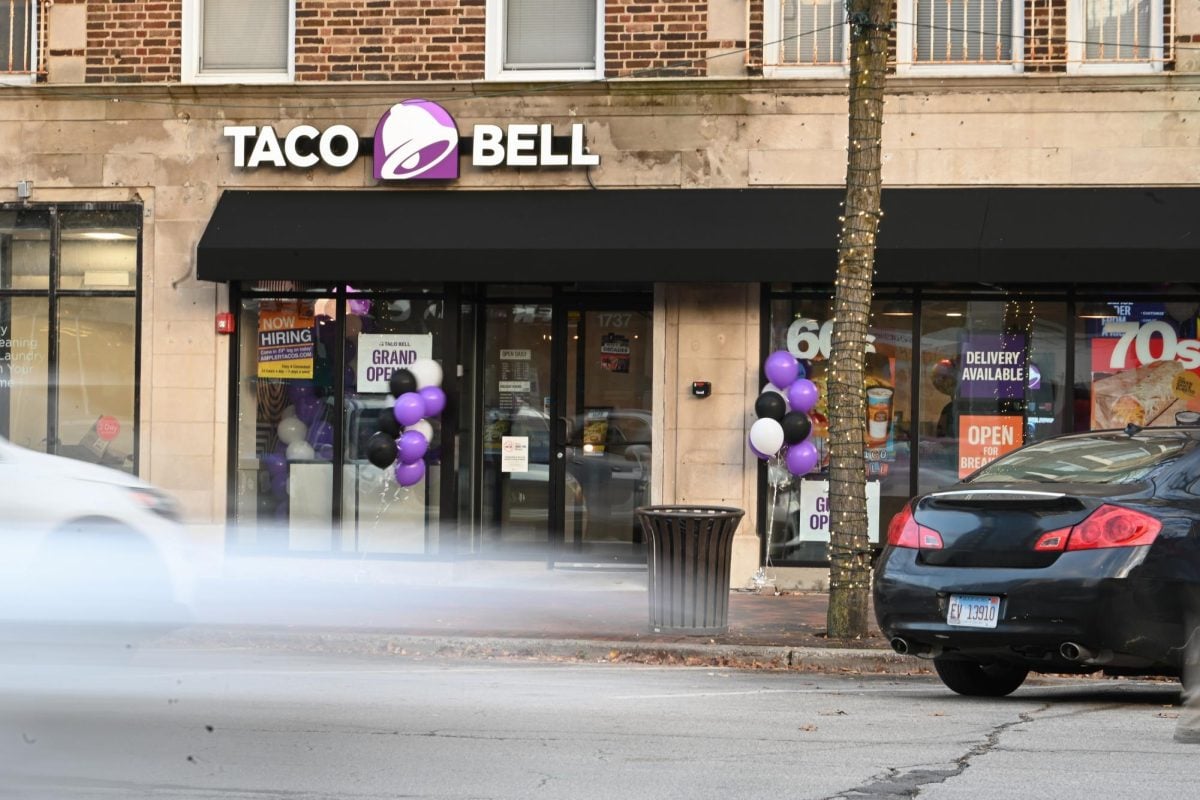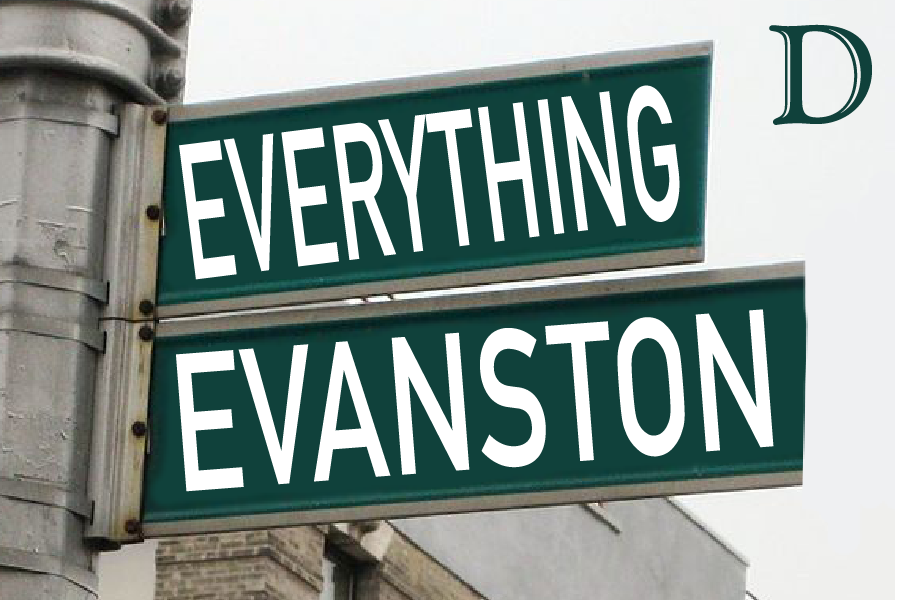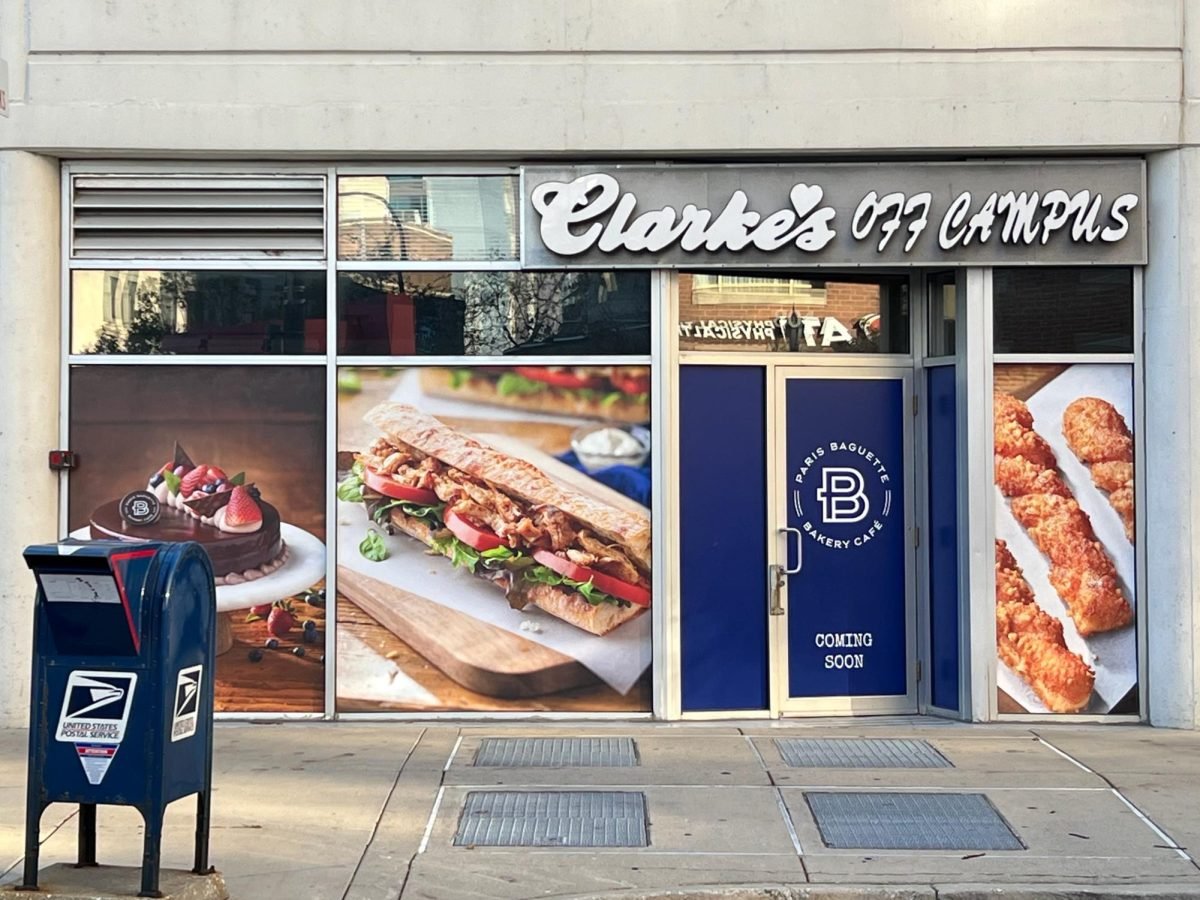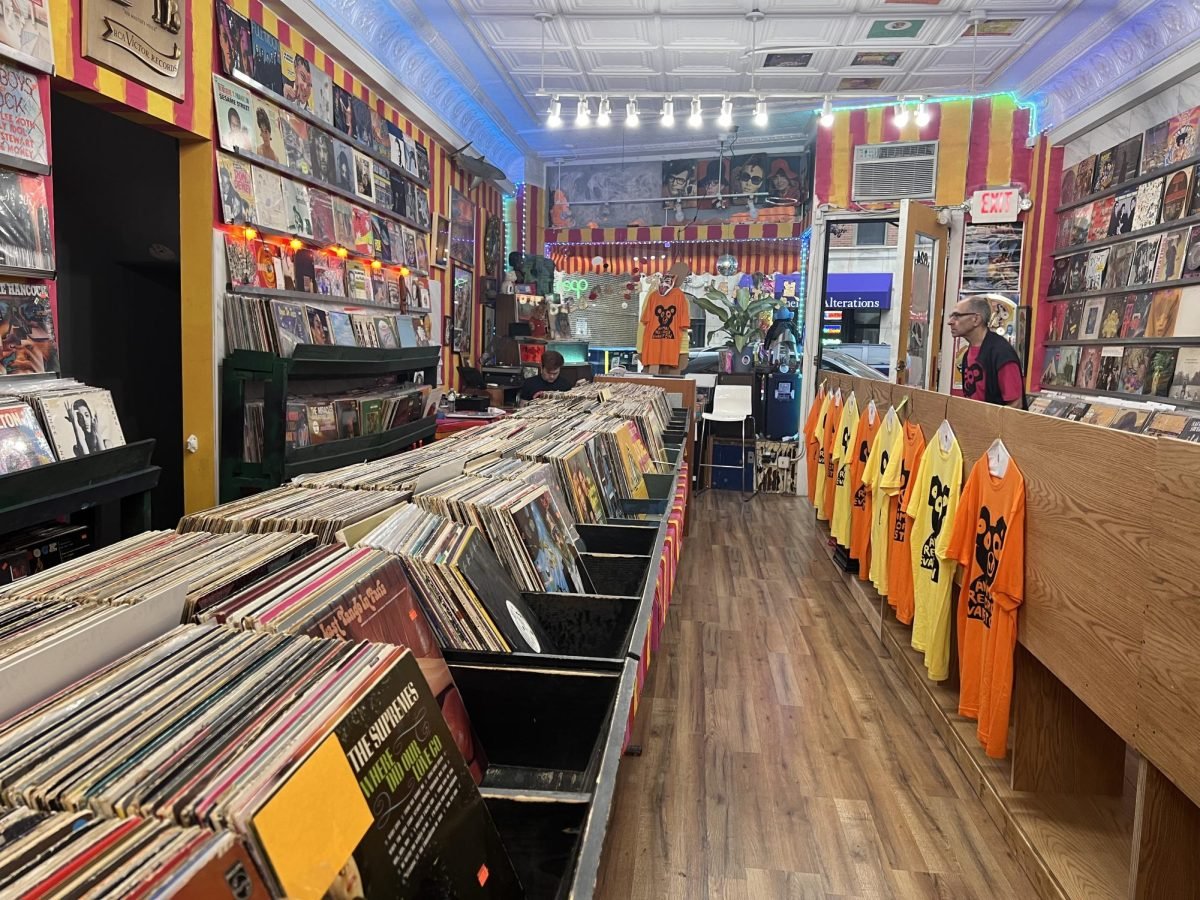The Economic Development Committee on Wednesday unanimously granted the Music Institute of Chicago a $165,000 tax increment financing grant to move its headquarters to Evanston.
The relocation from Wilmette will bring 34 jobs to Evanston, commit the institute to a 10-year lease of the basement of 1702 Sherman Ave. and generate nearly $400,000 in economic activity each year, said Mark George, the music institute’s president, during the meeting at the Lorraine H. Morton Civic Center.
The project includes a black box theater that can seat 150 people, two rehearsal rooms, office space for 34 employees and other renovations. The city’s loan would account for a fraction of the proposal’s more than $800,000 budget.
George said the institute took advantage of a “unique situation” to use the basement for performance spaces after many other businesses were unsuccessful in using the space effectively. Ald. Ann Rainey (8th) said money given to the landlord would be used in the local economy, so occupying empty spaces benefits the community.
Committee members said they like that the entire renovation project will be managed by Evanston businesses. In return for the loan, some members suggested the institute provide free concert tickets for Evanston/Skokie District 65 and District 202 students and discounts for seniors instead of paying the city’s amusement tax. Because the institute is a nonprofit, it would be eligible for tax exemption.
“It’s a difficult space to utilize, but I do think this is wonderful that there’s the possibility of music with lunch in downtown Evanston,” Ald. Melissa Wynne (3rd) said
During the meeting, the committee also presented the city’s first-quarter economic report and heard suggestions for specific economic development strategies in Evanston from a Loyola University Chicago professor.
According to the report, the city received 11 new businesses, 57 full-time jobs, 84 commercial building permits and $10.7 million in commercial construction investment. Vacancy rates dropped for commercial buildings by 6.7 percent and for industrial buildings by 10 percent. Office vacancy rates rose to 9.8 percent.
After the presentation, Loyola University Chicago political science Prof. Annette Steinacker presented economic strategies to the committee in addition to specific ways Evanston’s economic development fits these models.
Steinacker identified water-related industries as one of the city’s strengths but said the committee should look into ways to utilize it more effectively.
“You can sell water at a lower cost, but there are ways to build on other industries based on the lower cost of water or engineers in the area,” she said.
Steinacker’s presentation referenced the institute’s proposal, noting its strength in utilizing space.
“I’m very excited about the project because it answers some of the questions I had from (Steinacker’s) presentation,” Ald. Delores Holmes (5th) said. “Getting the Music Institute of Chicago in the downtown area would be fantastic.”
